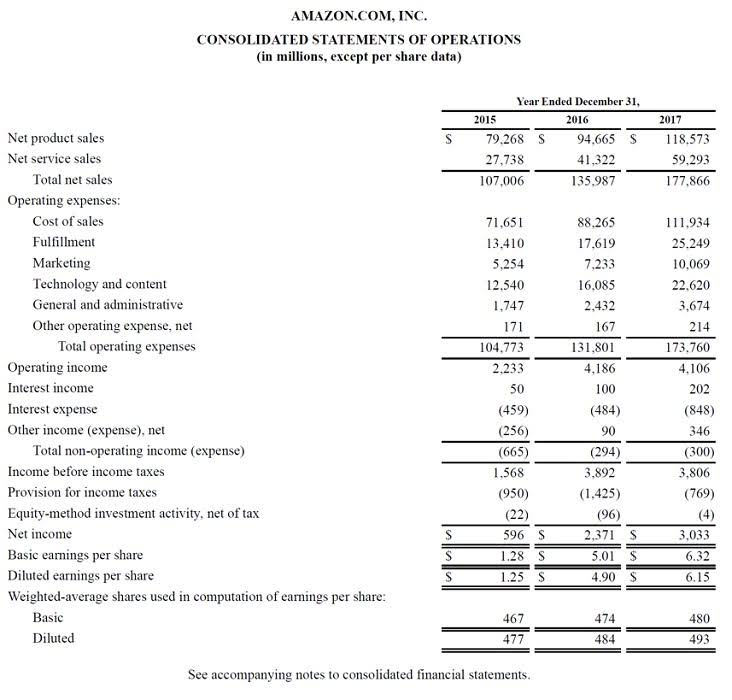Eastern
Phone: 0484 300 1100 Ext: 300 1234
Email: socialise@eastern.in
Address: Eastern Condiments No. 34/137 A , NH Bypass, Edapally (P.O), Kochi, India 682024
Open in Google MapsEastern
Be Updated
24 Biggest Pros and Cons of Corporations

In conclusion, corporations offer various advantages, such as financial benefits, limited liability, and the ability to corporation advantages and disadvantages attract investment and talent. However, they also come with disadvantages, including complexity in setup and management, potential ethical issues, and taxation challenges. The impact of corporations on society is profound, with economic, environmental, and social implications. As with any business structure, careful consideration is necessary to strike a balance between profit generation and responsible corporate citizenship.

Which business entity will offer me the best tax advantages?

One of the greatest advantages of a corporation is the limited liability it provides to its shareholders. This means that shareholders are not personally liable for the company’s debts, lawsuits, or financial obligations. For example, C-corps are subject to taxation at both the entity level and the shareholders’ personal income tax returns. The corporation pays taxes on its income, and then shareholders pay taxes again on dividends they receive. This double layer of taxation can reduce the overall profitability of the business.
- UpCounsel’s lawyers have an average of 14 years experience, and since 95 percent of attorneys are screened out, you’ll only find professionals from the best law schools like Harvard and Yale.
- Any company planning to raise money from venture capital funds, tax-exempt investors or non-U.S.
- Because for a corporation, the owner is not tied to its management and it is an independent legal entity, its ownership, that is its shares of stock are readily transferable from one investor to another.
- The type of legal structure you eventually decide to use for your company can play a significant role in the success or failure of this venture.
- However, it also comes with drawbacks like double taxation, extensive paperwork, and strict adherence to formalities.
- It affects your legal liabilities, tax obligations, and the ability to attract investment.
The Top 10 Financial Mistakes to Avoid in Your 20s
Corporations are generally governed by a board of directors elected by the shareholders. Forming a corporation offers numerous benefits such as limited liability, flexible taxation, perpetual existence, transferable ownership, and easier access to capital. However, it also comes with drawbacks like double taxation, extensive paperwork, and strict adherence to formalities. By understanding these pros and cons, you can make an informed decision about whether a corporation is the right business structure for your needs.
Pros and Cons of Sole Proprietorships
Corporations operate under a stringent regulatory framework that imposes higher levels of scrutiny compared to other business structures. Compliance with labor laws, environmental regulations, securities laws, and other industry-specific standards is mandatory. All those advantages aside, it’s also important to consider the corporation drawbacks that come with this business structure. Evaluating potential corporation cons will help you make a well-informed decision about whether incorporating your business is the right move. Transferring ownership in a corporation is relatively simple, due to the transferability of shares of stock. Shareholders can easily buy and sell stocks, which means changes in ownership for corporations are straightforward, without disrupting the corporate structure.
Management Structure and Flexibility
- Corporations can attract and retain investment and top talent by offering stock options, employee benefits, and career advancement opportunities.
- While the corporation pros can drive growth and provide significant protections, the corporation cons and drawbacks require careful consideration.
- There is also the opportunity to file articles of incorporation on a federal level.
- As you consider the best business structure, it’s important to carefully weigh the pros and cons of forming a corporation.
To be eligible for S corp. taxation, a HVAC Bookkeeping corporation must have 100 or fewer shareholders and meet additional ownership requirements. Alongside the lengthy application process is the amount of time and energy necessary to properly maintain a corporation and adhere to legal requirements. You must follow many formalities and heavy regulations to maintain your corporation status.
Rigid formalities, protocols and structure

However, the IRS has been known to pay closer attention to S-corps and even tax them as C-corps if their records fail to meet the legal requirements. When you fixed assets legally declare a business as a corporation, it becomes a legal entity that is separate from the owners. In general, a corporation typically consists of a board of directors who make decisions, and the shareholders of the company elect the directors. Incorporating your business as a corporation brings a mix of benefits and challenges. While the corporation pros can drive growth and provide significant protections, the corporation cons and drawbacks require careful consideration.
